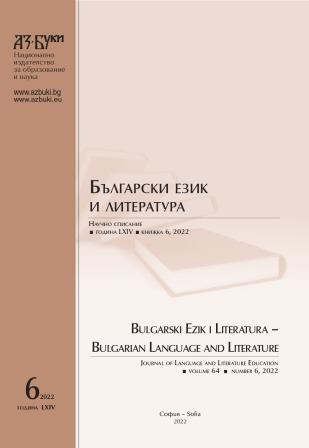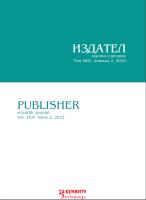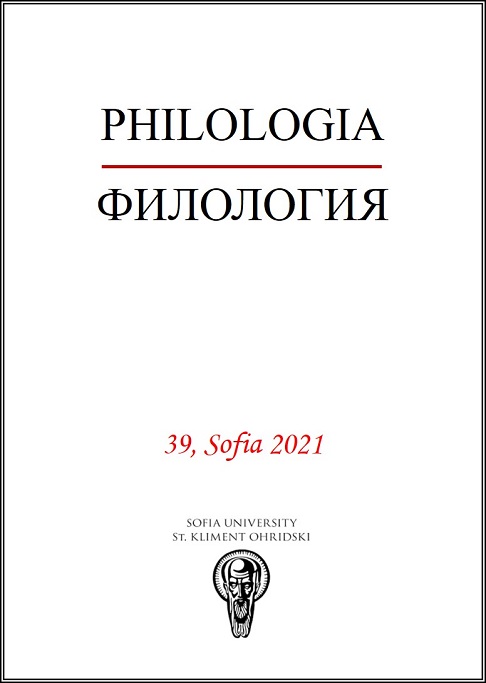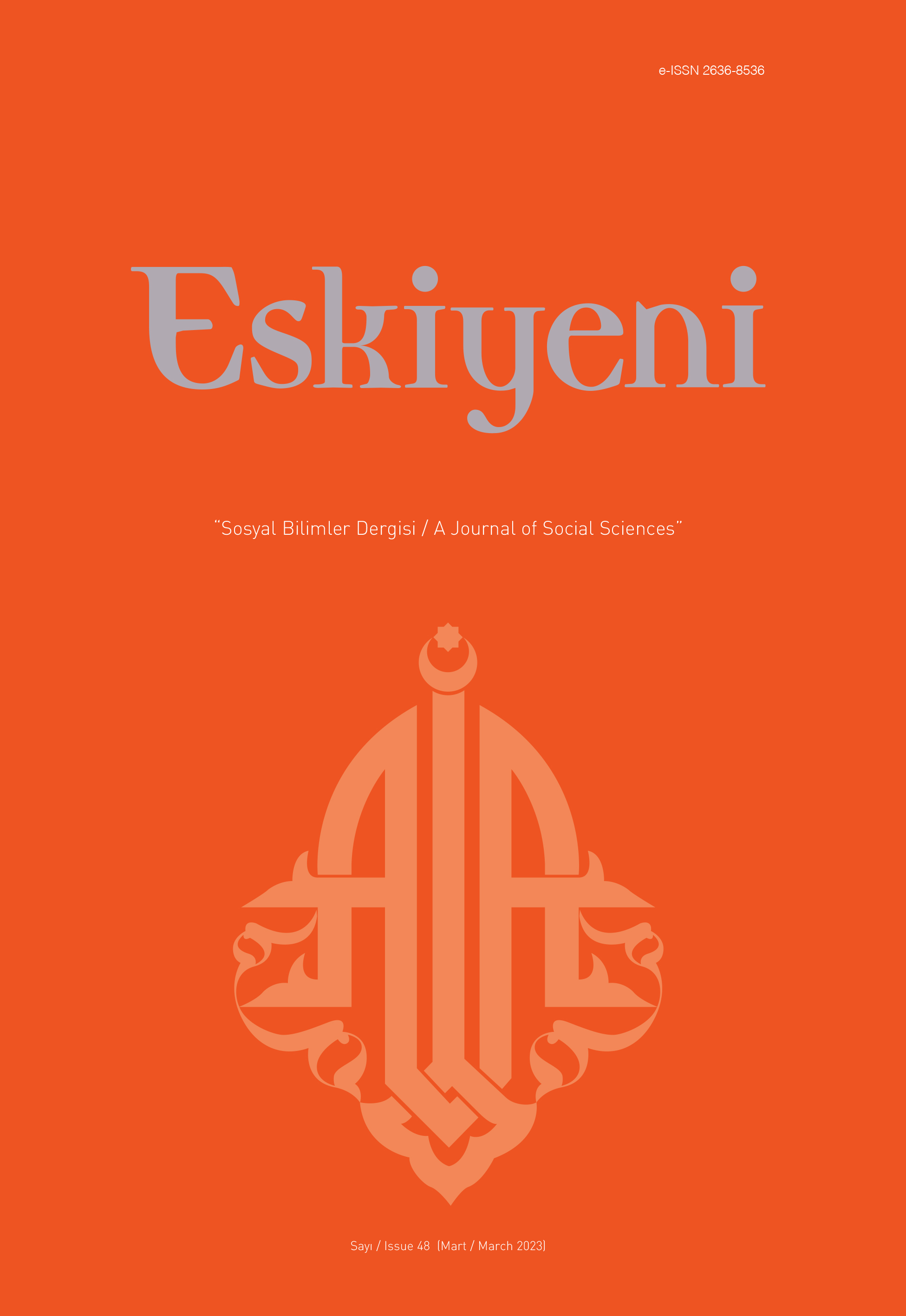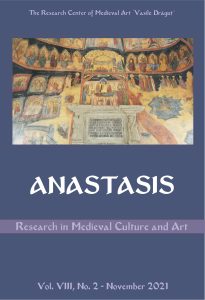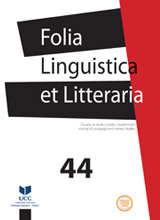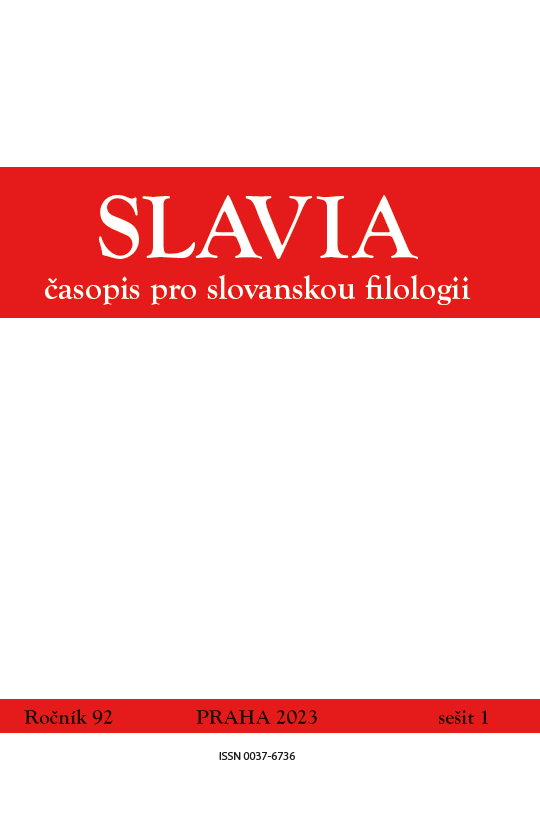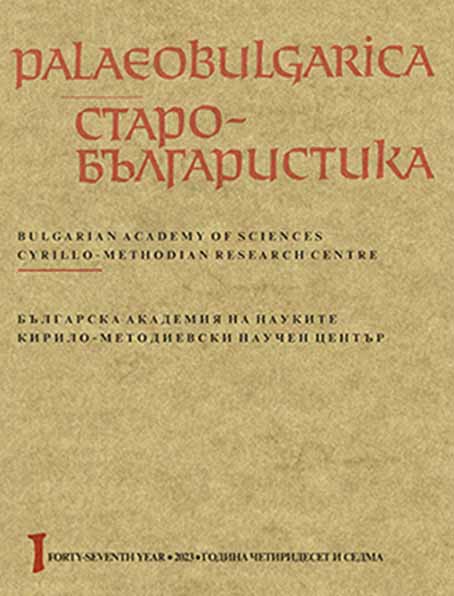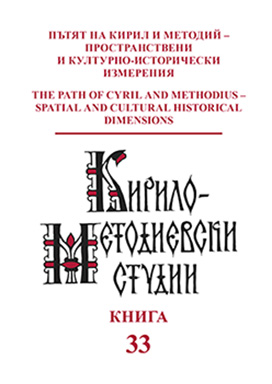Author(s): Yaşar Fatih Akbaş / Language(s): Turkish
Issue: 48/2023
It is a requirement for the word to be eloquent that the sentence should be in accordance with the muqtadā al-hal (as occasion requires) and the words mentioned and the meaning should be equivalent to each other. Sometimes the word can be extended for reasons such as making it easier for the interlocutor to understand, and sometimes placing the word in the mind well, and many words may mean less. Sometimes, the word can be expressed in concisely, to make an effective speech, taking into account the situation of the collocutor, and prompting the collocutor to think and research. Therefore, an ījāz (concision) expression can be used to obtain many meanings with a few words. Expression with ījāz, which manifests itself in writings, apologizing, condolence, intimidation, threat, thanks and forgiveness, has also been frequently used in literary and sacred texts. This style of expression can sometimes be obtained by removing some elements of the sentence (hazf), and sometimes by without removing the sentence elements. In ījāz expression, which is preferred because it is short and effective, the ījāz expression should not be far from expressing the meaning to be given, it should be complete and understandable, and it should have a beautiful expression. Since there will be no complexity in the sentence when words are removed based on a clue, removing the words from the sentence does not harm the value of the sentence. It is possible to use ījāz narration for reasons such as ensuring the interlocutor's adaptation to the issue easily, hiding the situation from others, obtaining more meaning with few words, drawing attention to or briefly explaining what is more valuable and important. Intensifying the expression, beautifying it and giving it sweetness, activating the world of feeling and thought of the interlocutor, drawing attention to the issue that is most important, for semantics width in the expressions by leaving the understanding of them to the interpretation of the interlocutor without mentioning some points, and adding a visual beauty to the wording, besides all these, idiomatic sentences proves to be of great value. For this reason, while each of the expressions with the itnāb (prolixity), musāwāt (equating) and ījāz has a value according to its place, it can be said that the most valuable one is the one with ījāz due to its undeniable effect on people. In this study, in which we deal with all aspects of ījāz narration, it is aimed to reveal the different types of ījāz, the reasons, conditions and value of ījāz by examining the issue in the example of Qur'anic verses.
More...
